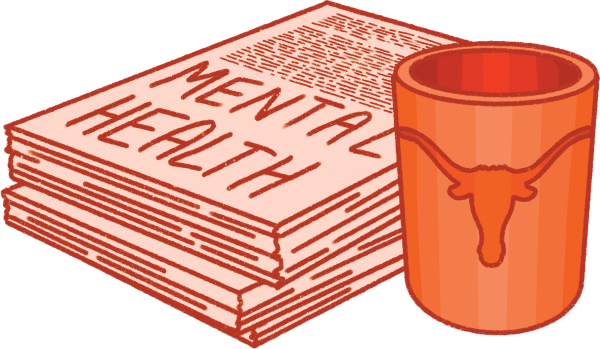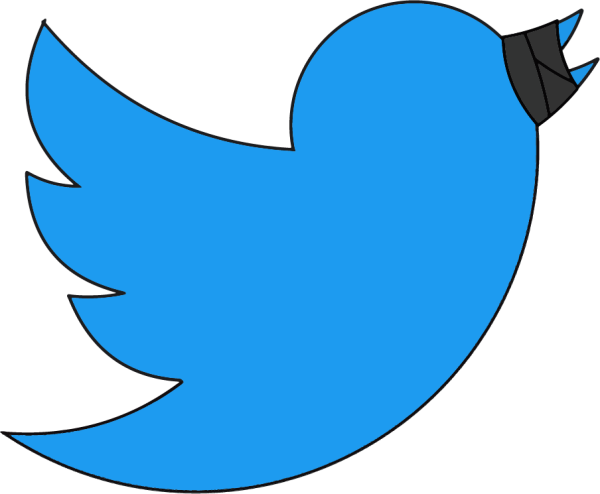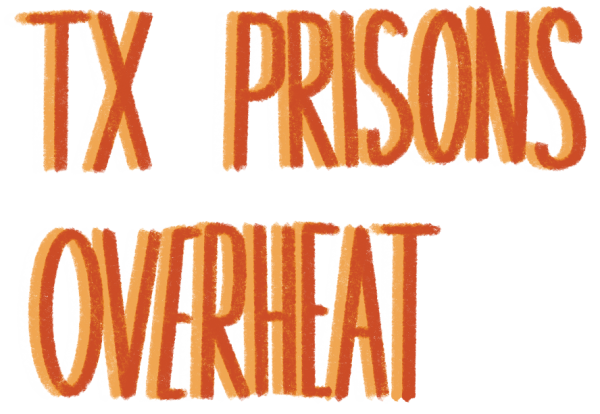The Basis for Boycotts: The Power of the People to Choose Where to Spend Their Money to Support Businesses
November 15, 2020
As a seemingly insignificant cog in the wheel of capitalism, it often seems that the public has limited power to initiate systemic change towards a world based on our ideals. However, people often overlook that we have a huge power that cannot be taken away: how we choose what to buy. This power affects every business and by making informed decisions on what to purchase, you have the enormous power to change the practices of these businesses.
Boycotting a business means to stop supporting that business by refusing to buy their products. When executed on a large scale, boycotts can be extremely effective. Boycotts are important in a democracy so that individual voices can be heard in a capitalist society, especially one that so often neglects the working class. The act of purchasing something is an economic act, but it is also a moral one. If you buy from a business that engages in practices that are detrimental to the environment or are mistreating their workers in horrendous ways, you are letting them get away with it. In a capitalist economy, it is up to the consumers to hold the producers accountable. Making informed consumer decisions empowers you and allows your voice to be heard.
According to a 2015 article from the Guardian, even if boycotts don’t immediately affect the sales of a company, they play a vital role in damaging the reputation of that company which can be even more dangerous. The brand of a product is what connects the business to consumers. For example, in 1990, Nike was boycotted for using child labor. To this day, Nike has worked hard to rebuild their reputation and have become leaders in sustainability and human rights. Businesses can change their practices — they just need to see it as a priority in upholding their reputation, which is where the role of boycotts comes in. Also, according to the Guardian, boycotts send a message to possible investors that the boycotted businesses might not be stable enough to invest in. Even if boycotts don’t affect short-term sales, they still impact businesses in other ways.
People can think of ways to boycott that have immediate effects on income as well. For example, every time a student in the Austin Independent School District (AISD) is absent from school, the district loses $58 in funding according to the Austin Chronicle. Many students across the district have already participated in organized absences as a way to protest on behalf of protecting teachers from COVID-19. The Body Shop was boycotted for 11 years due to animal cruelty. The Body Shop used inorganic, harmful substances in their beauty products and tested them on animals. The hashtag #foreveragainstanimaltesting was spread across social media, and people came together to boycott the business. Eventually, The Body Shop was bought by Natura and became listed as a cruelty-free brand.
When they come together in an organized manner, it is ultimately the people that have the most power. What many fail to realize is that the world’s political and economic systems rely on individuals, consequently, it is in the power of individuals to make those systems collapse. When the individuals of communities that form working class populations come together to impact what leaders hold so dear, their movement becomes dangerous and therefore requires immediate government attention.
Although many businesses today have changed their practices, whether they started treating their workers better or using more environmentally friendly production methods as a result of boycotts, there is still a stigma boycotts aren’t necessary or don’t work. While this may be true, when boycotting is done tactfully and with a clear goal, its effectiveness is insurmountable. When we support businesses that do good and put pressure on businesses that don’t, we are paving the way for an economy that more closely mirrors the people’s ideals.







